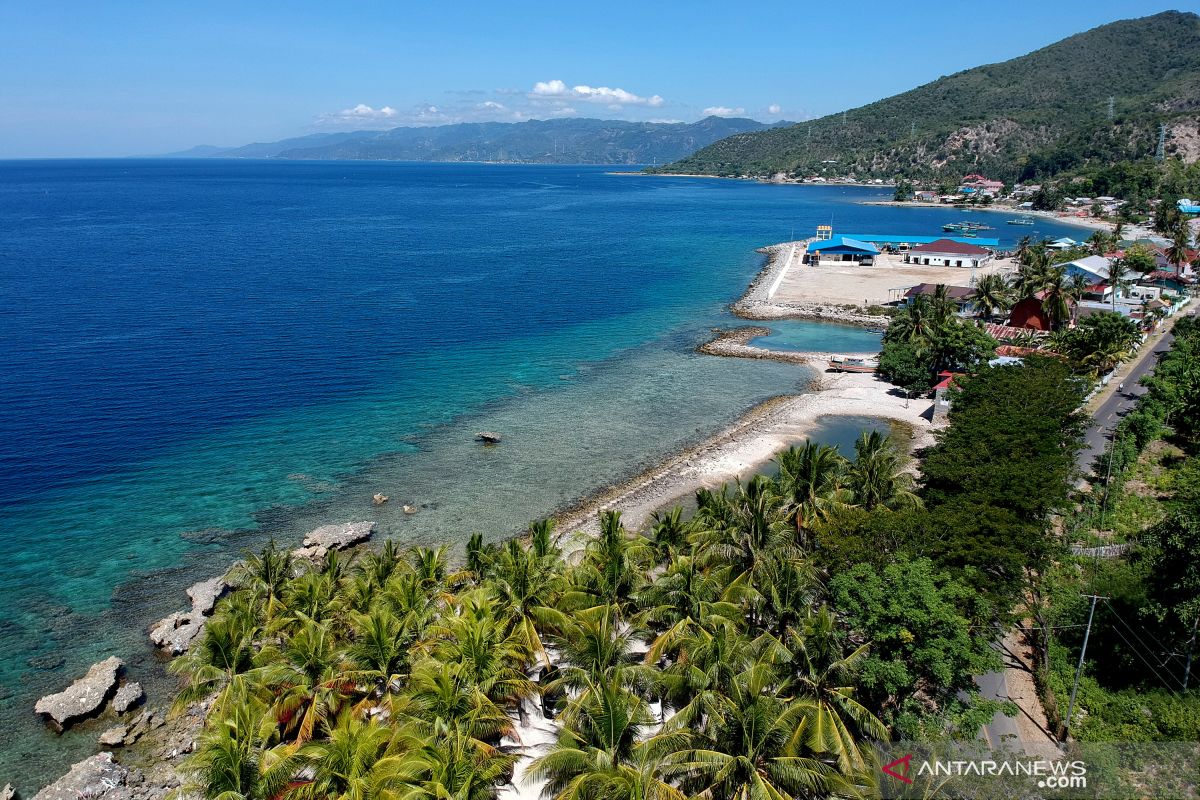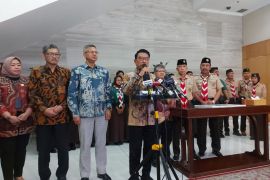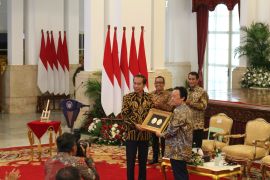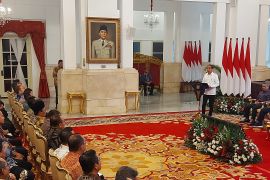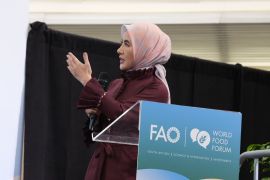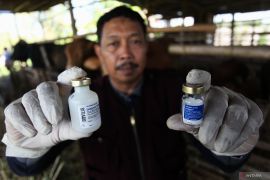Indonesia`s efforts to respond to a variety of threats to the ISLME region, covering the provinces of Banten, West Java, Central Java, East Java, East Nusa Tenggara, West Nusa Tenggara, and East Kalimantan, are supported by the FAO and engages Timor Leste.
As revealed by the Food and Agriculture Organization of the United Nations` (FAO`s) press statement that Antara received here on Thursday, Timor Leste`s involvement is owing to the fact that the ISLME sits at the heart of the two countries` waters.
According to the FAO-Representive Office in Jakarta, the management plan was developed as part of a regional project implemented by Indonesia and Timor Leste, which covers 213 million hectares of territorial waters included in the ISLME.
This regional project was finalized at a meeting that ended in Bogor City, West Java Province, on Wednesday in which the related parties had agreed to focus on five priority areas located on the north coast of Java, in East Kalimantan, East Flores, Lombok, including the Batugede-Atapupu border area.
The activities in five priority locations will include demonstrations of ecosystem approaches to fisheries management and aquaculture, of marine spatial planning, and of marine protected areas for blue swimming crab, lobster, mud crab, and deep-water fisheries.
Support will be given to strengthen the institutions responsible for these ecosystems, for fishing ports, and for marine debris.
"This project will help Indonesia and Timor-Leste to collaborate on improving the management of coastal and marine resources. We also aim to improve the contribution of fisheries to enhance food security and reduce malnutrition in the region," Stephen Rudgard, the FAO representative in Indonesia, stated at the meeting.
According to FAO, the total number of people, whose lives highly depend on coastal and marine industries, including fisheries, aquaculture, oil and gas production, transportation, and tourism, is estimated to reach 185 million.
However, the ISLME is currently under pressure from serious threats, such as Illegal, Unreported and Unregulated (IUU) fishing activities, as well as degradation and loss of coastal and marine ecosystems.
This IUU fishing, including significant transboundary fishing, threatens Indonesia`s fishery resources and, according to the MMAF, causes the country to suffer material losses of US$20 billion per year.
Significant ongoing degradation and loss of coastal and marine ecosystems, which will affect important areas of biodiversity habitat and fishery productivity, such as mangrove forests, seagrass beds, and coral reefs, have also threatened the ISLME region.
These habitats come under direct pressure from human activities and climate change that impact those natural resources and the livelihoods of those who depend upon them, the FAO revealed.
Speaking in connection with this regional project at the closing session of the meeting in Bogor, M. Zulficar Mochtar, Director General of Capture Fisheries at the MMAF, admitted that the sea is the main source of food and income for coastal communities.
"Together with the local governments, we expect this initiative will have a positive impact on the management of fish resources, especially the restoration of habitat and fish stocks in coastal and marine waters that are in line with the fisheries management plan set by the Ministry," Mochtar was quoted as saying.
(Tz.R013/INE)
Reporter: Rahmad Nasution
Editor: Fardah Assegaf
Copyright © ANTARA 2019
